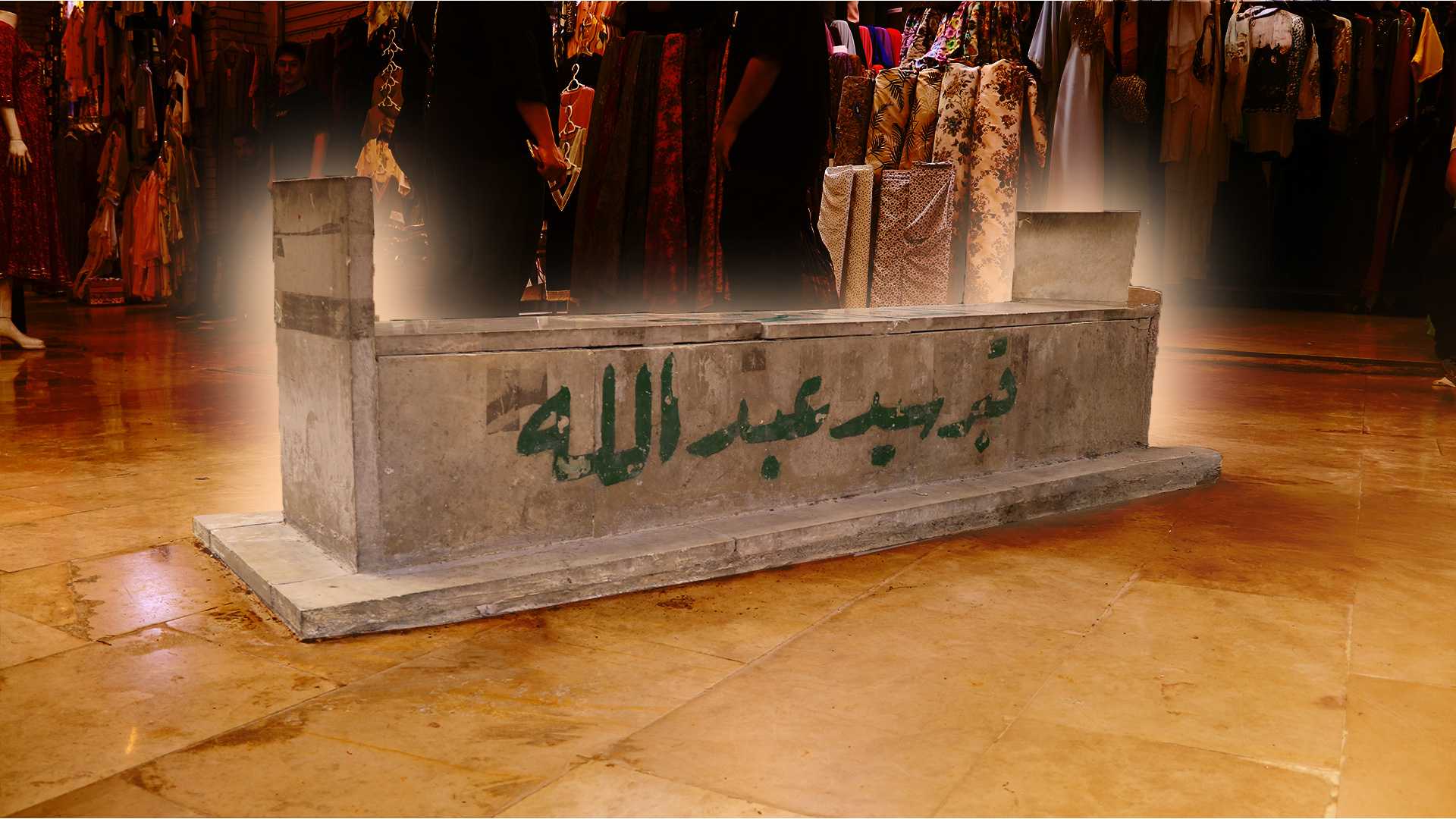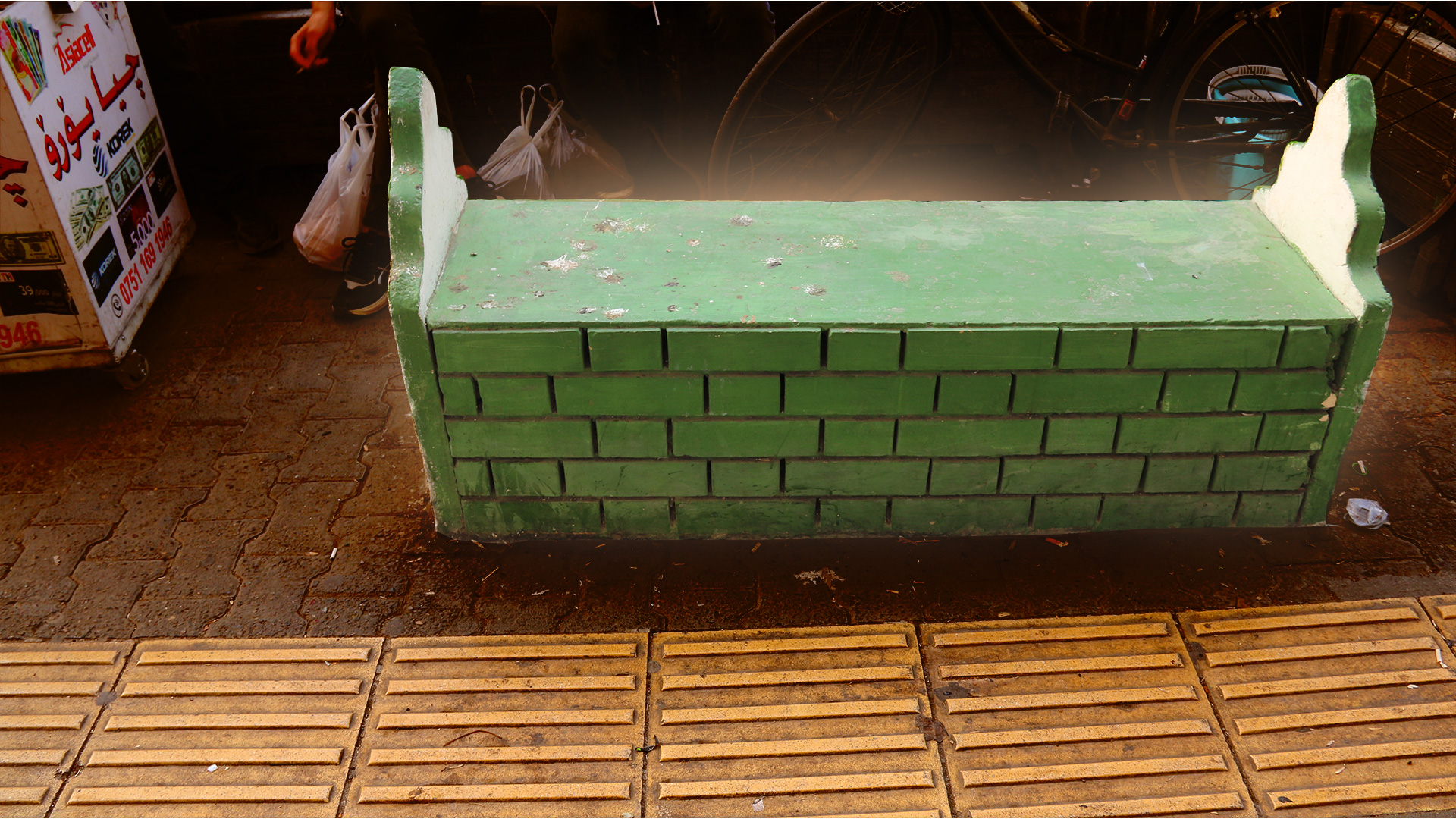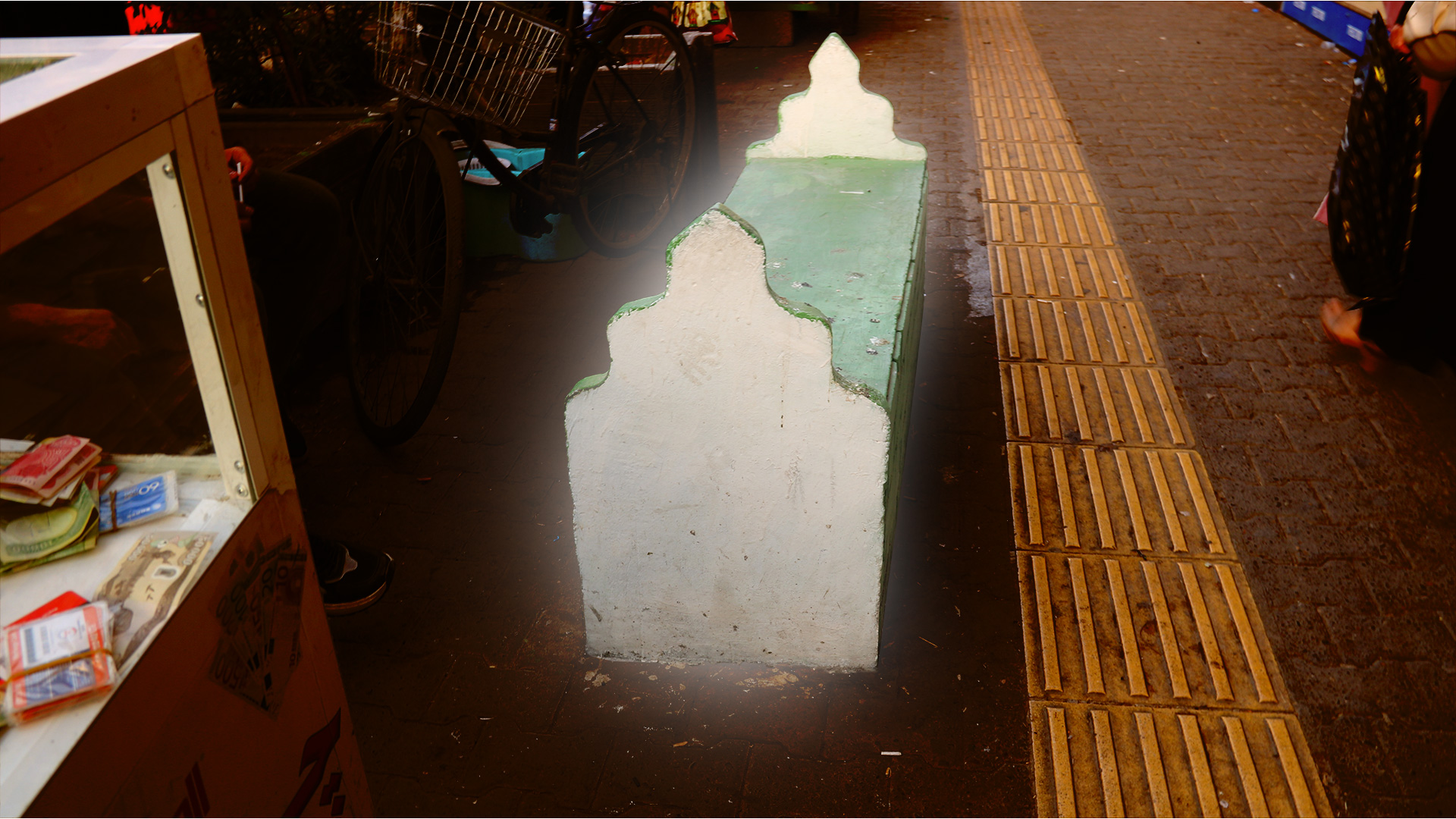Walk the Bazaar, Tread on History: Ancient Graves Lie Scattered Across Erbil’s Bazaar
Ancient graves, some predating Christianity, lie hidden across Erbil—including in its bustling bazaar—highlighting the city's rich archaeological legacy. Officials vow to preserve these historic sites, which reflect Erbil’s deep cultural and religious heritage.

By Kamaran Aziz
ERBIL (Kurdistan24) – A remarkable cluster of ancient graves and burial sites could be seen in the heart of Erbil, including within the bustling confines of the city's central bazaar. Some of these graves are believed to date back centuries—possibly even before the birth of Christ—according to Kanaan Mufti, former Director of Antiquities of the Kurdistan Region.
Speaking to Kurdistan24 on Monday, Mufti confirmed the presence of multiple ancient graves that mark Erbil as a city of deep historical and archaeological significance. “Some of these graves may date back to before the advent of Christianity,” he said.
Mufti explained that during his tenure, his team systematically surveyed the city's known ancient graves and compiled a comprehensive database. “There are 23 ancient graves in various parts of Erbil, and some of them lie within the current boundaries of the city’s central bazaar,” he noted.

While the names of these burial sites have been documented, Mufti acknowledged that in some cases, accurate historical data is still being researched. Nevertheless, he confirmed that Erbil contains numerous cemeteries and burial sites of considerable age and cultural value.
Among the most prominent ancient graves identified by Mufti are:
- The grave of Prophet Uzair (Ezra) near Sheikh Choli Mosque
- The mausoleum of Sultan Muzaffar near the Erbil Governorate Building
- The grave of Sayid Salih inside the Qaysari Bazaar
- The grave of Sayid Abdullah in the fabric alley of Qaysari Bazaar
- The grave of Sayid Taha near the old Rafidain Bank, opposite the Nishtiman Bazaar
In addition to these, Mufti noted the existence of other Islamic and Assyrian-affiliated graves and mausoleums within the Erbil Citadel, further cementing the city’s role as a cradle of regional history.
A particularly noteworthy site is the Jewish Cemetery, one of Erbil’s major historical burial grounds. It is believed to contain graves dating back to early Jewish communities in the city.
Reinforcing the importance of these sites, Nawzad Abdulhamid, the Mayor of Erbil Central District, emphasized their preservation as a civic priority. “They are a historical part of Erbil. Under no circumstances will we allow them to be removed or destroyed,” Abdulhamid told Kurdistan24. “We conduct annual maintenance and are committed to their preservation in every possible way.”

Erbil, one of the oldest continuously inhabited cities in the world, is home to a multitude of religious, cultural, and civilizational landmarks. These graves and mausoleums, embedded in the city’s modern commercial centers and historic quarters, are testaments to the city’s enduring spiritual and societal legacy.